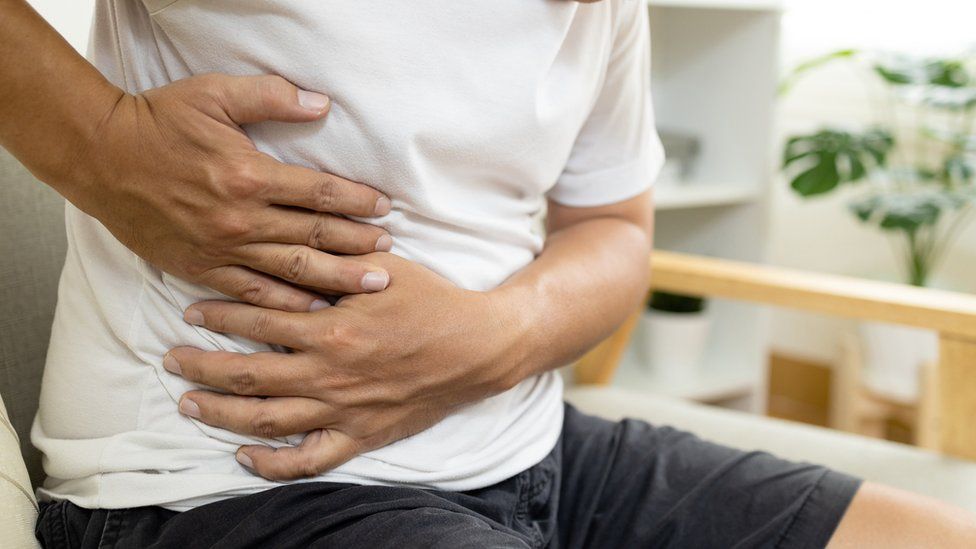One of London's top universities has started a clinical trial to determine whether a "poo transplant" can help people with advanced liver disease.
Patients participating in the trial will take freeze-dried feces capsules from a healthy donor for 21 months.
It should benefit those with cirrhosis' gut health, according to King's College London researchers.
When a liver is permanently injured and scarred, it develops cirrhosis.
The only significant chronic disease increasing in the UK, according to the researchers behind The Promise trial, is chronic liver disease (CLD).
Additionally, according to their estimates, CLD is the third leading factor in young people dying prematurely.
The condition makes its sufferers more prone to infections, which can be harder to treat with antibiotics.
It may therefore be beneficial to swap out the "unfriendly" bacteria found in damaged livers with bacteria donated from a healthy person, according to the researchers.
Five dried feces capsules will need to be taken daily for three months during the clinical trial.
Patients will continue this treatment for 21 months, or until they get their first infection and need to check into the hospital.
The trial's purpose is to determine whether liver cirrhosis side effects are diminished and whether liver and immune system health are improved.
The trial's principal investigator, Dr. Lindsey Edwards, claimed that infections were "a death sentence to liver patients" and that those who had them were "highly susceptible" to the emergence of drug resistance.
The National Institute for Health and Care Research UK (NIHR) is providing funding for the trial, which will include about 300 participants.
The technique was found to be feasible and secure in a prior study by the same research unit.
The trial's chief investigator, Prof. Debbie Shawcross, stated that the capsules have "none of the taste or smell" as the name implies and may provide new hope for cirrhosis patients "who are out of treatment options.".
The British Liver Trust, whose chief executive, Pamela Healy, is a supporter of the trial, thinks the work can go far beyond the care of the liver.
This could offer a solution that could save healthcare systems around the world millions of pounds, she said. "Finding new, effective ways to treat resistant bacteria is one of the most important challenges in global medicine."







